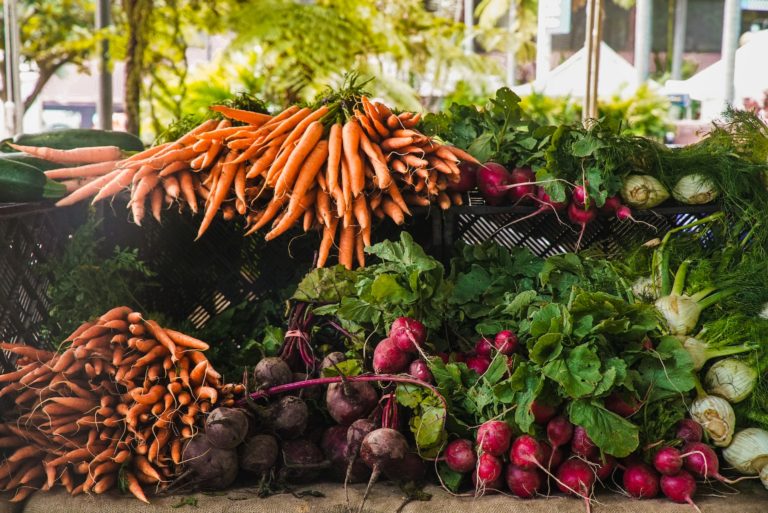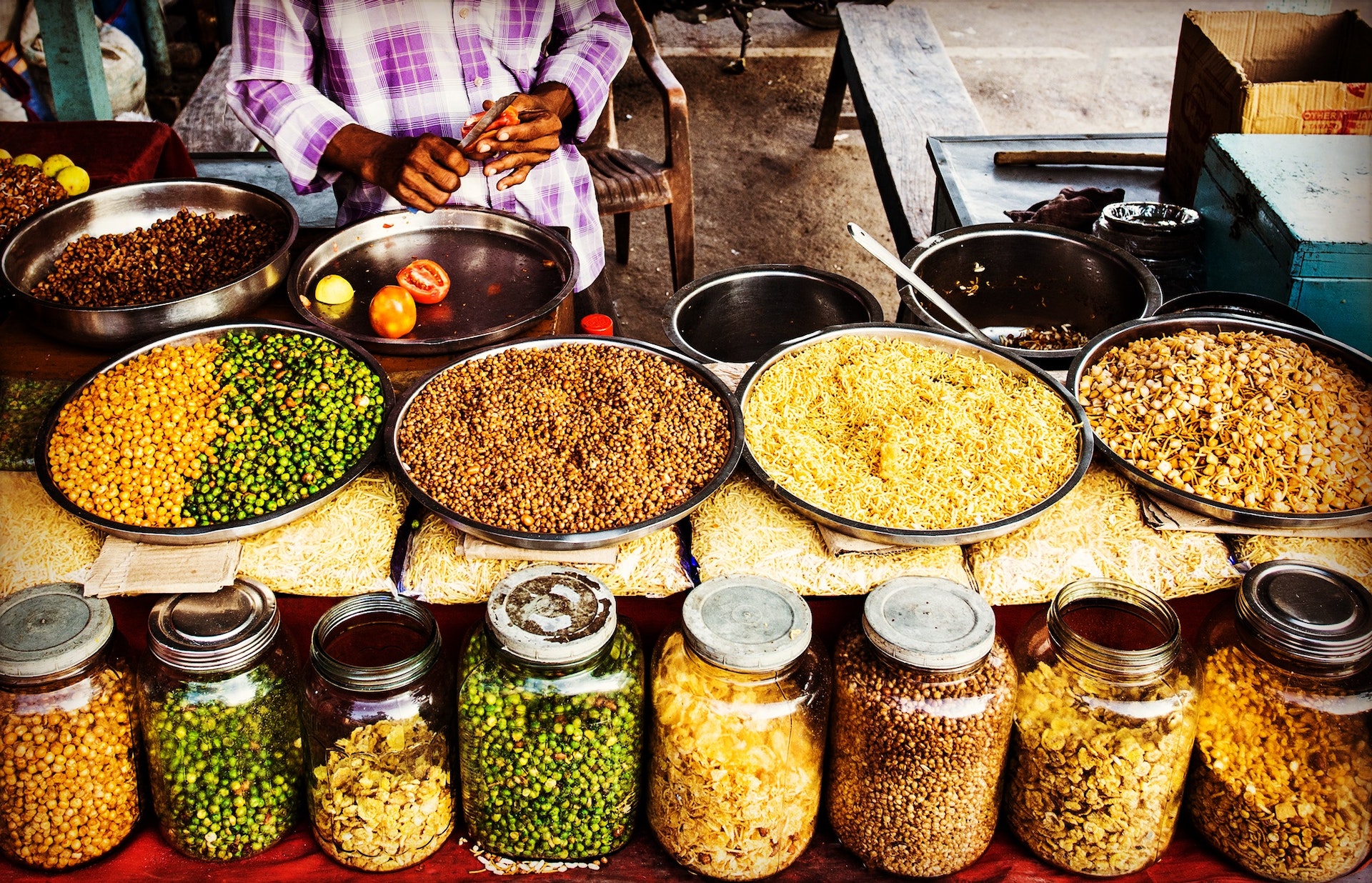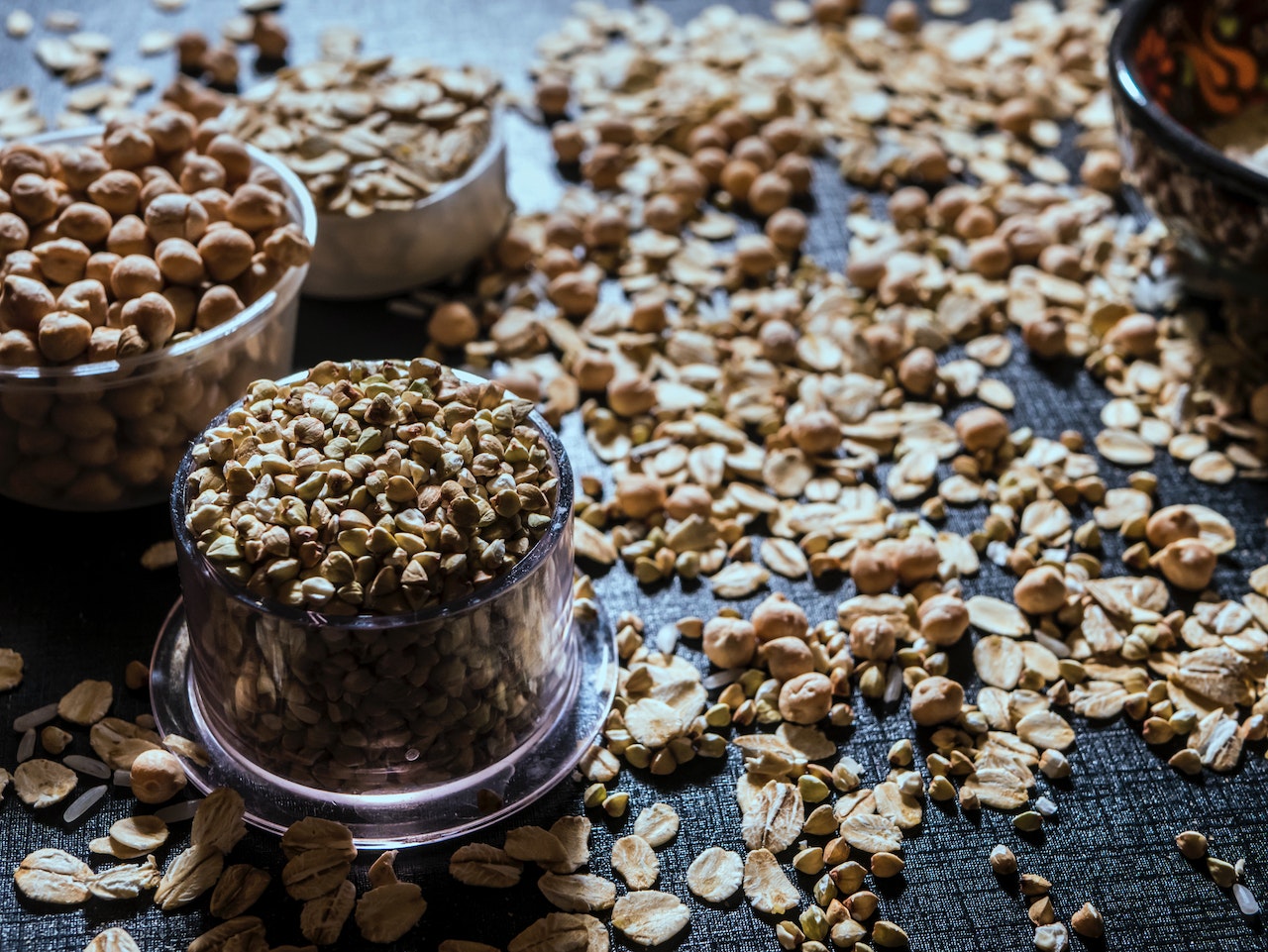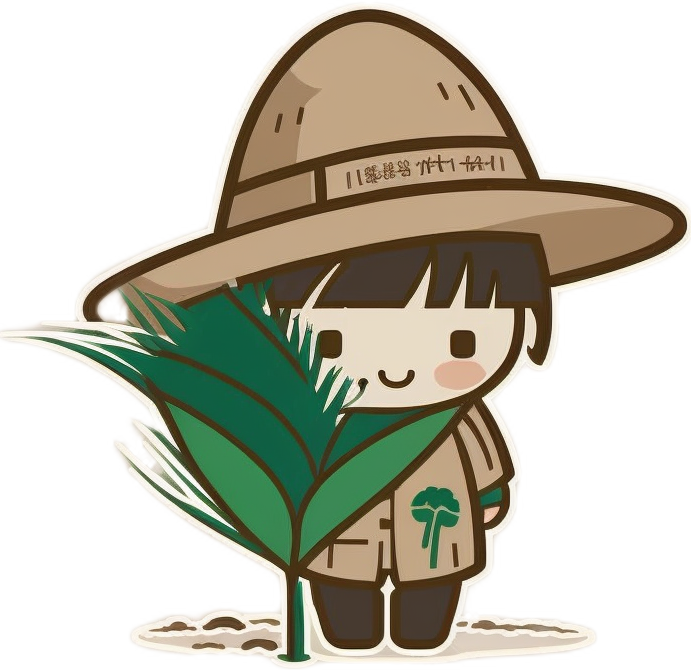The Whole Vegan Way : Healthy, Sustainable, Delicious!
The Whole Food Vegan
This diet is based on a wide variety of whole plant foods such as fruits, vegetables, whole grains, legumes, nuts, and seeds.
A whole food vegan diet is just what it sounds like: a diet that consists only of whole, unprocessed plant-based foods. This means you’re ditching all animal products and processed junk food, and instead filling your plate with fruits, vegetables, whole grains, legumes, nuts, and seeds.
The idea behind this type of diet is to eat as close to nature as possible, without any added preservatives, artificial flavors, or other nasties. So instead of reaching for a bag of chips or a processed frozen meal, you’d opt for a fresh salad, roasted vegetables, or a bowl of lentil soup.
Now, why would someone choose to eat this way?
Well, there are a few reasons. For starters, it’s a healthier way of eating. Studies have shown that people who follow a whole food vegan diet tend to have lower rates of heart disease, diabetes, and some types of cancer. It can also help with weight management, since whole plant-based foods are often lower in calories and higher in fiber.
Another big reason is that it’s better for the environment. Animal agriculture is a major contributor to greenhouse gas emissions, deforestation, and water pollution. By ditching animal products and eating only plants, you’re reducing your environmental impact and helping to create a more sustainable future.
So what about all the nutrients you need to stay healthy?
Don’t worry, you can get everything your body needs on a whole food vegan diet. You just need to make sure you’re eating a variety of foods and getting enough of certain key nutrients, like protein, iron, calcium, vitamin B12, and omega-3 fatty acids. But with a little bit of planning and education, it’s totally doable!
A whole food vegan diet is a delicious and healthy way of eating that has numerous benefits for your health, the environment, and the animals.
This a good eBook full of recipes.Free for those on Amazon’s Kindle Unlimited program.
The Plant-Based Diet for Beginners: 75 Delicious, Healthy Whole-Food Recipes A whole food vegan diet is a delicious and healthy way of eating that has numerous benefits for your health, the environment, and the animals.
What foods are in a whole food plant-based diet?

Vegetables
Vegetables are the healthiest foods on the planet.

Beans & Legumes
Beans are a great source of healthy protein and carbohydrate.

Fruit
Fruit is an excellent source of fiber, water, vitamins, and minerals.

Whole Grains
Whole grains are a great source of fiber and are satisfying and filling.

Other Grains
Processed grains can contribute to nutrition and fiber however to a lesser extent.

Nuts & Seeds
Nuts and seeds are the best sources of fat because they also provide fiber, vitamins, & minerals.
- Artichoke
- Arugula
- Asparagus
- Beets
- Bell peppers
- Broccoli
- Brussels sprouts
- Cabbage
- Carrots
- Cauliflower
- Celery
- Collard greens
- (You get the idea!)
- Adzuki
- Black beans
- Black-eyed peas
- Cannellini
- Chick peas (garbanzo)
- Dark red kidneys
- Lima beans
- Pinto
- Fava beans
- Soy beans (edamame)
- Lentils
- Apples
- Bananas
- Oranges
- Kiwi
- Pineapple
- Strawberries
- Blueberries
- Blackberries
- Grapefruit
- Grapes
- Watermelon
- Peaches
- Pears
- Plums
- Oats
- Brown Rice
- Quinoa
- Barley
- Bulgur
- Amaranth
- Kamut
- Kasha
- Millet
- Rye berries
- Wheat berries
- Spelt
- Teff
- 100% whole wheat bread, tortillas, English muffins
- 100% Whole grain crackers
- Unsweetened Cereals
- Peanuts (Peanut butter)
- Almonds (Almond butter)
- Pistachios
- Brazil nuts
- Cashews
- Hazelnuts
- Macadamias
- Pecans
- Pine nuts
- Walnuts
- Flaxseed
- Sunflower seeds
- Veggies are naturally high in fiber, low in calories, and high in nutrients.
- Incorporating green leafy vegetables into your daily diet is crucial for maintaining optimal health.
- Vegetables should be the basis of your diet.
- Beans and legumes are a great source of fiber and resistant starch, allowing for feelings of fullness and reducing the absorption of all calories consumed.
- Canned beans are ok, but look for low-sodium and reduced-sodium options.
- Fruits are a healthy source of carbohydrates.
- You should include at least 3 servings of fruit per day.
- Try purchasing frozen fruit which is less expensive and won’t go bad
- Whole grains that are in their natural form contain the most nutrition and fiber.
- Enjoy these whole grains alongside different beans and vegetables.
- To ensure the purchase of wholesome whole grain products, look for “whole grain” or “whole wheat” listed as the first ingredient and a minimum of 3 grams of fiber per serving.
- Consumption of nuts is associated with longevity.
- Eat these as a snack, sprinkle on salads, add to smoothies, or use as a base to make your own healthy dressings.
- Aim for 1-2 ounces of nuts daily.
There are many, many other options other than the ones listed above, but this gives you a good start on what to look for when looking for whole food vegan.
